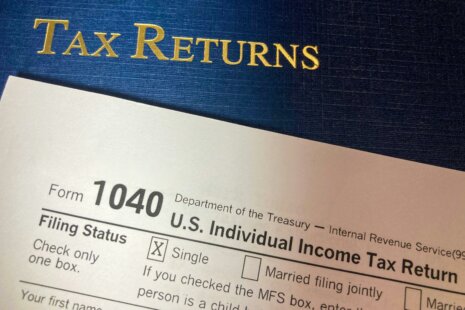In general, a business owner shouldn’t use business funds for personal use without proper documentation and legal considerations.
Here’s why…
- Legal and Tax Implications – Mixing personal and business funds can have legal and tax implications. From a legal standpoint, using business funds for personal expenses can blur the line between personal and business assets, potentially exposing the business owner to legal liability, lawsuits, or challenges to the business’s corporate veil. From a tax perspective, using business funds for personal expenses may be viewed as personal income by tax authorities and could result in tax consequences or penalties.
- Corporate Formalities – Keeping personal and business finances separate is important for maintaining corporate formalities and preserving the integrity of the business entity. Commingling funds can undermine the limited liability protection afforded by certain business structures, such as corporations and LLCs, potentially exposing the business owner’s assets to creditors or legal claims against the business.
- Accounting and Financial Reporting – Mixing personal and business funds can create challenges in accounting and financial reporting, making it difficult to track business expenses, monitor cash flow, and prepare accurate financial statements. Proper accounting practices require clear documentation and segregation of personal and business transactions to ensure compliance with regulatory requirements and financial reporting standards.
- Financial Management and Planning – Using business funds for personal expenses can hinder financial management and planning efforts for both the business and the owner’s finances. It can make it harder to track business performance, set financial goals, and make informed decisions about budgeting, investments, and savings.
While there may be situations where a business owner needs to access business funds for personal use (e.g., salary, dividends, reimbursement of expenses), it’s vital to establish clear policies, procedures, and documentation to ensure transparency, accountability, and compliance with legal and tax requirements. This may include establishing a formal compensation structure, documenting personal expenses as shareholder distributions or loans, and consulting with legal and financial professionals to ensure compliance with applicable laws and regulations.
Yet, maintaining a clear separation between personal and business finances is critical for protecting the integrity of the business entity, managing legal and tax risks, and preserving the financial health and stability of both the business and the business owner.




